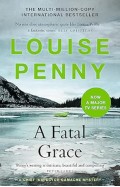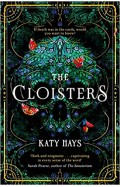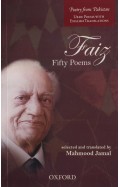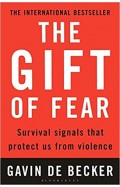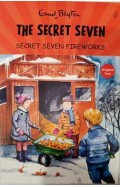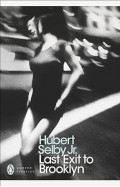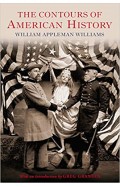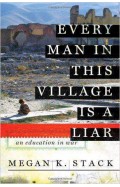- Home
- Books
- Categories
- Non Fiction
- History
- European
- Landscape with Rowers - Poetry from the Netherlands
Landscape with Rowers - Poetry from the Netherlands
By: J. M. Coetzee
-
Rs 794.75
- Rs 935.00
- 15%
You save Rs 140.25.
Due to constant currency fluctuation, prices are subject to change with or without notice.
Ranging in style from the rhetorical to the intensely lyrical, the work here includes examples of myth-influenced modernist verse, nature poetry, experimental poetry, poems conscious of themselves within a pan-European avant-garde, and Cees Nooteboom's uncompromising reflections on the powers and limitations of art. In addition to Nooteboom, the poets represented are Gerrit Achterberg, Hugo Claus, Sybren Polet, Hans Faverey, and Rutger Kopland--a who's who of contemporary Dutch poetry.
In Youth, Coetzee's main character claims that "of all nations the Dutch are the dullest, the most antipoetic." With these marvelous translations, the author proves his protagonist wrong.
Ranging in style from the rhetorical to the intensely lyrical, the work here includes examples of myth-influenced modernist verse, nature poetry, experimental poetry, poems conscious of themselves within a pan-European avant-garde, and Cees Nooteboom's uncompromising reflections on the powers and limitations of art. In addition to Nooteboom, the poets represented are Gerrit Achterberg, Hugo Claus, Sybren Polet, Hans Faverey, and Rutger Kopland--a who's who of contemporary Dutch poetry.
In Youth, Coetzee's main character claims that "of all nations the Dutch are the dullest, the most antipoetic." With these marvelous translations, the author proves his protagonist wrong.
Landscape with Rowers - Poetry from the Netherlands
By: J. M. Coetzee
Rs 794.75 Rs 935.00 Ex Tax :Rs 794.75
Zubin Mehta: A Musical Journey (An Authorized Biography)
By: VOID - Bakhtiar K. Dadabhoy
Rs 892.50 Rs 1,050.00 Ex Tax :Rs 892.50
The Origins of Political Order From Prehuman Times to the French RevolutioN
By: Francis Fukuyama
Rs 4,045.50 Rs 4,495.00 Ex Tax :Rs 4,045.50
Manning Up: How the Rise of Women Has Turned Men into Boys
By: Kay Hymowitz
Rs 845.75 Rs 995.00 Ex Tax :Rs 845.75
The Obama Syndrome: Surrender At Home War Abroad
By: Tariq Ali
Rs 1,100.75 Rs 1,295.00 Ex Tax :Rs 1,100.75
The Quest For Meaning: Developing A Philosophy Of Pluralism
By: Tariq Ramadan
Rs 1,185.75 Rs 1,395.00 Ex Tax :Rs 1,185.75
The Pakistan US Conundrum Jihadists The Military And The People The Struggle For Control
By: Yunas Samad
Rs 1,185.75 Rs 1,395.00 Ex Tax :Rs 1,185.75
An Enemy We Created: The Myth Of The Taliban Al Qaeda Merger In Afghanistan 19702010
By: Alex Strick van Linschoten
Rs 4,197.50 Rs 8,395.00 Ex Tax :Rs 4,197.50
WikiLeaks: Inside Julian Assanges War on Secrecy
By: David Leigh & Luke Harding
Rs 637.50 Rs 850.00 Ex Tax :Rs 637.50
A Fatal Grace - (a Chief Inspector Gamache Mystery Book 2)
By: Louise Penny
Rs 2,245.50 Rs 2,495.00 Ex Tax :Rs 2,245.50
Disney Doc McStuffins Colouring Book Paperback
By: Parragon Books
Rs 420.75 Rs 495.00 Ex Tax :Rs 420.75
The Book of Secrets - A Personal History of Betrayal in Red China
By: Xinran Xue
Rs 5,665.50 Rs 6,295.00 Ex Tax :Rs 5,665.50
The Gift of Fear - Survival Signals that Protect Us from Violence
By: Gavin De Becker
Rs 2,965.50 Rs 3,295.00 Ex Tax :Rs 2,965.50
Secret Seven Fireworks: The Secret Seven Series (Book 11)
By: Enid Blyton
Rs 315.00 Rs 350.00 Ex Tax :Rs 315.00
The Contours of American History
By: William Appleman Williams
Rs 7,645.75 Rs 8,995.00 Ex Tax :Rs 7,645.75
Every Man in This Village Is a Liar: An Education in War
By: N/A
Rs 535.50 Rs 595.00 Ex Tax :Rs 535.50
Zubin Mehta: A Musical Journey (An Authorized Biography)
By: VOID - Bakhtiar K. Dadabhoy
Rs 892.50 Rs 1,050.00 Ex Tax :Rs 892.50
Landscape with Rowers - Poetry from the Netherlands
By: J. M. Coetzee
Rs 794.75 Rs 935.00 Ex Tax :Rs 794.75












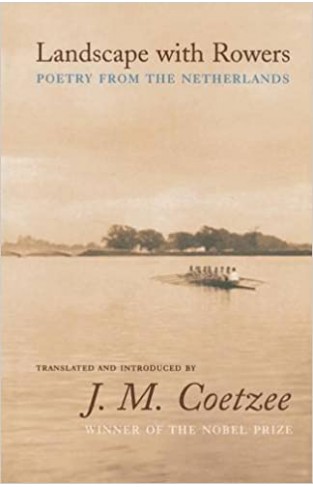
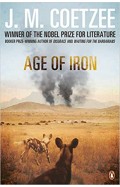
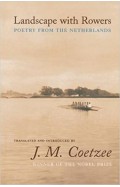
-120x187.jpg?q6)





-120x187.jpg?q6)



-120x187.jpg?q6)




